Fledging sand martin chicks a 'triumph of public will'
- Published
Chris Packham's joy at Bacton cliff chicks after nets removal
Sand martin chicks have started to fledge at a site where a campaign forced the local council to remove netting obstructing their nests.
The nets were installed at Bacton by North Norfolk District Council (NNDC) as part of a project to protect homes and businesses from coastal erosion.
They were removed following a public outcry and concerns from the RSPB and broadcaster Chris Packham.
The presenter hailed the fledging chicks as a "triumph of public will".
NNDC said its intention was "always to protect the wildlife" and to prevent the birds from nesting in that one location.
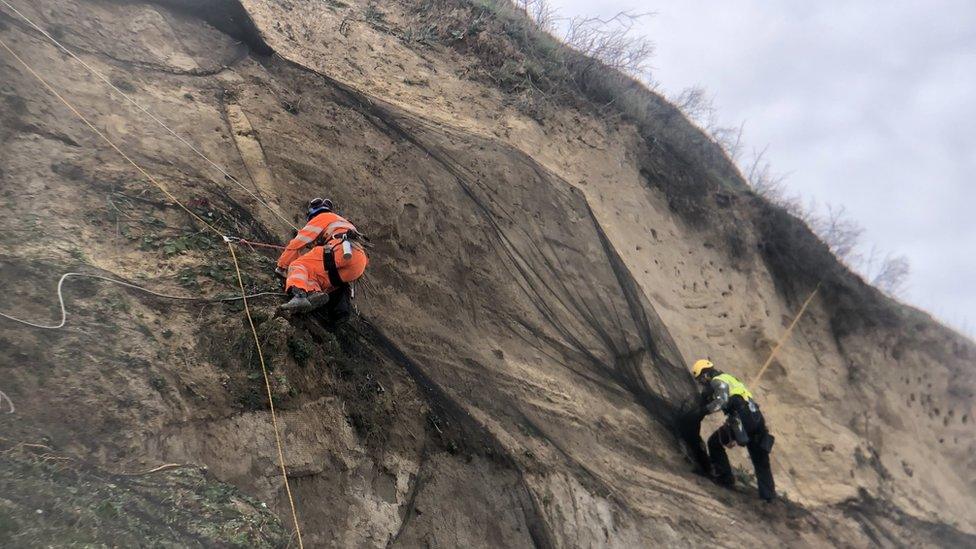
The council took down the netting from stretches of cliff at Bacton after it caused a public outcry
Mr Packham said he was "absolutely overjoyed" to see the sand martin chicks fledging.
"They are delightful little birds that have been declining across the country.
"But here groups of individuals and not-for-profit organisations have come together for their rescue and it's paid dividends," he said.
The district council put the nets up to protect homes in Bacton and Walcott and "the critical infrastructure" of Bacton Gas Terminal.
It said it wanted to encourage the birds to nest further along the coast to stop them from digging tunnels into the cliff.
But the netting sparked a major protest.
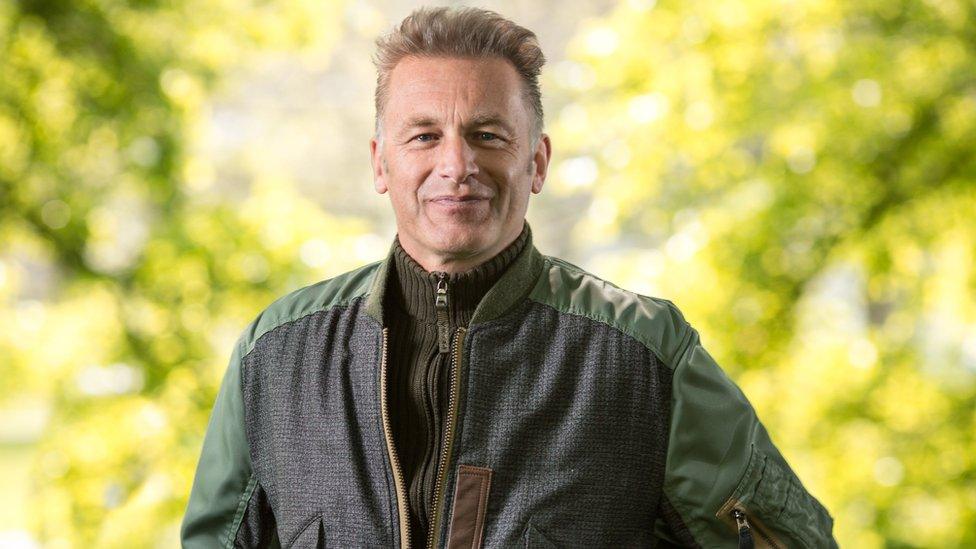
Chris Packham said "much better dialogue" was needed from the outset
A Facebook group, with more than 2,000 members, was created and the RSPB warned there was a risk of birds dying if they got stuck.
As a result, the upper levels of netting were removed.
Mr Packham said: "I hope we can work more cooperatively in the future with not only this council but other councils to protect birds from these netting outrages that are unfortunately all too common across our countryside."
Steve Blatch, from NNDC, said it had reflected on the situation and would "seek to do better in the future, but it "acted in the best interests of the wildlife to protect the birds".
- Published15 April 2019
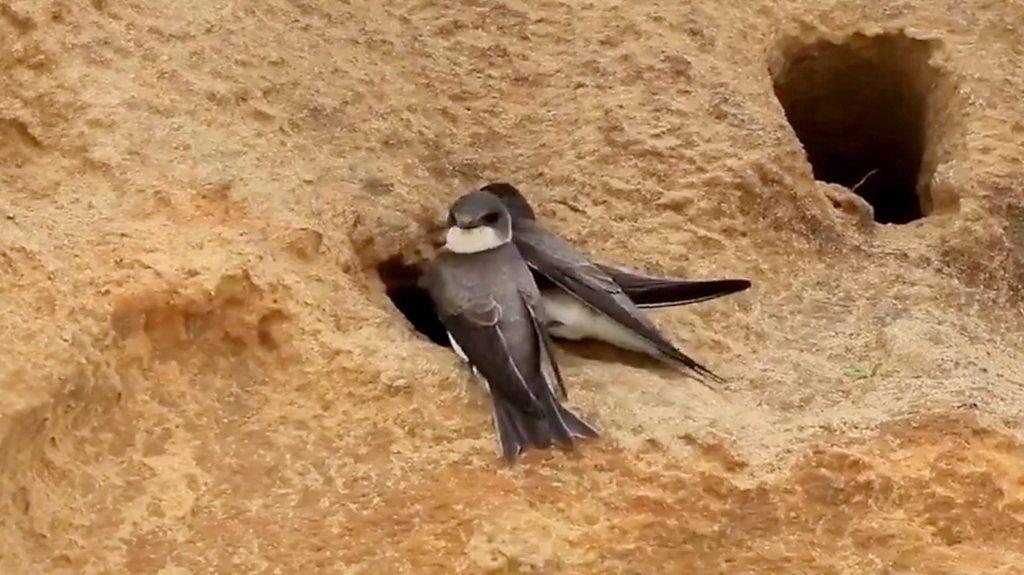
- Published14 April 2019
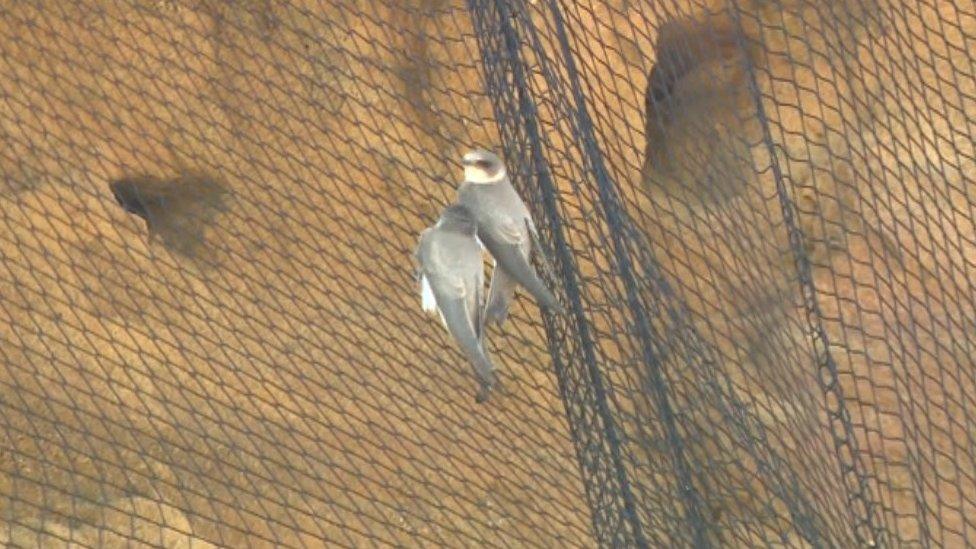
- Published11 April 2019
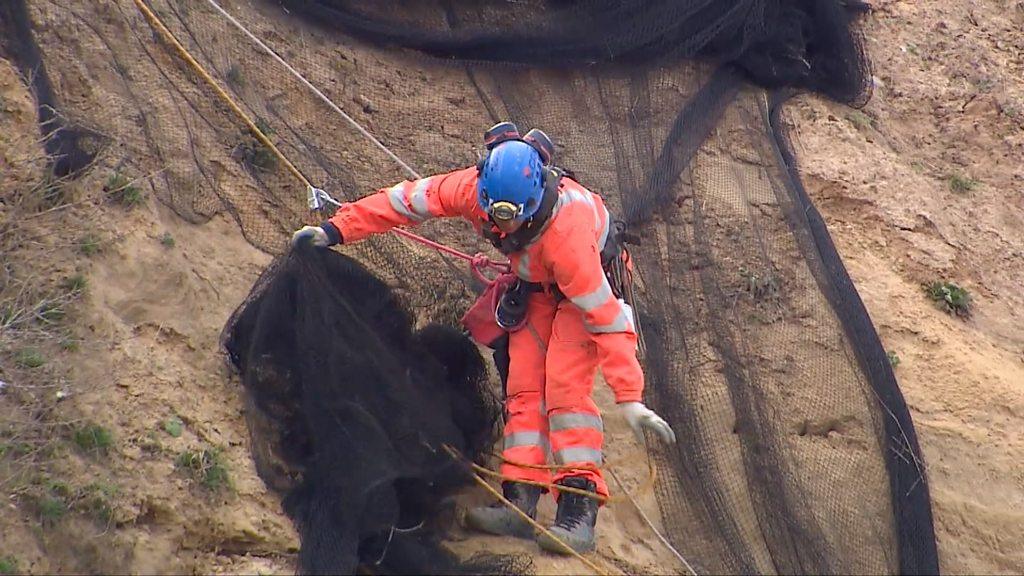
- Published10 April 2019

- Published9 April 2019
